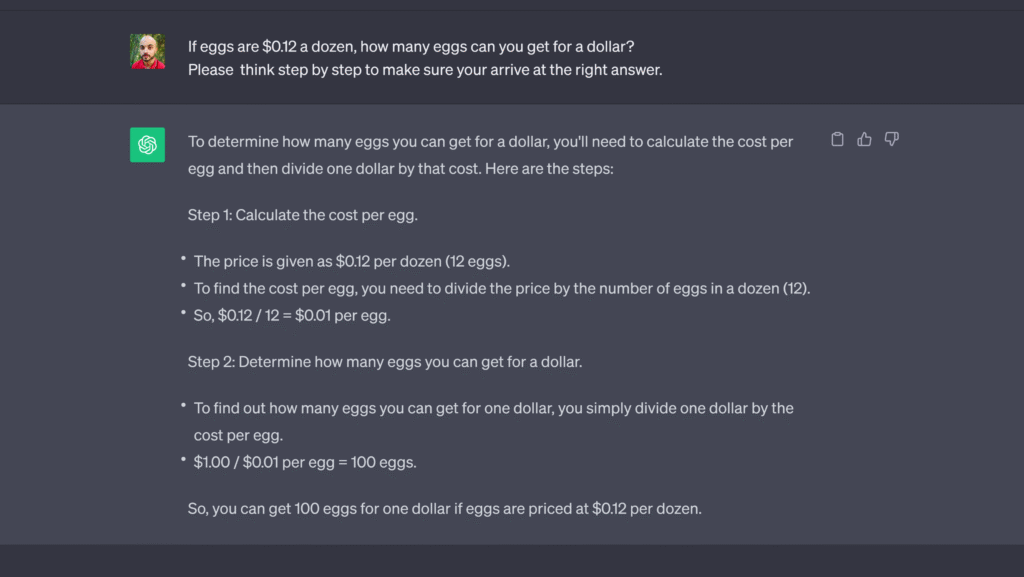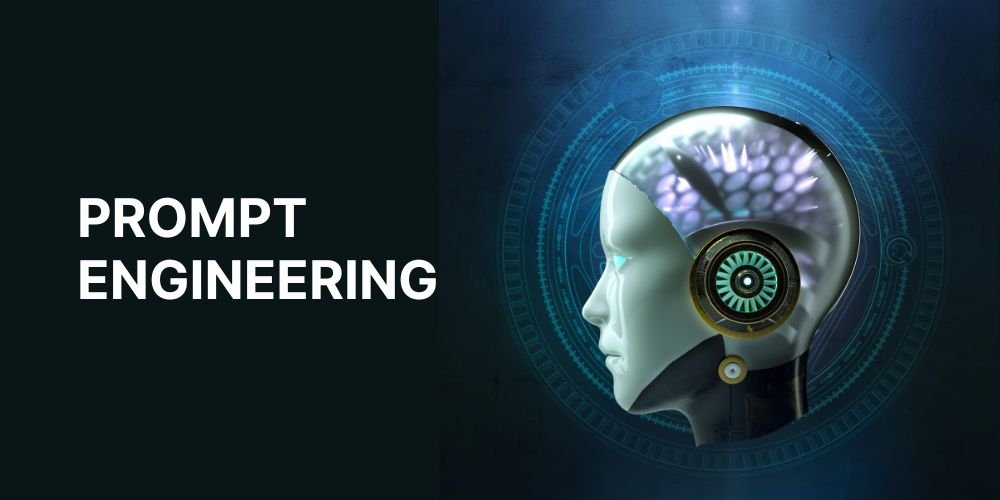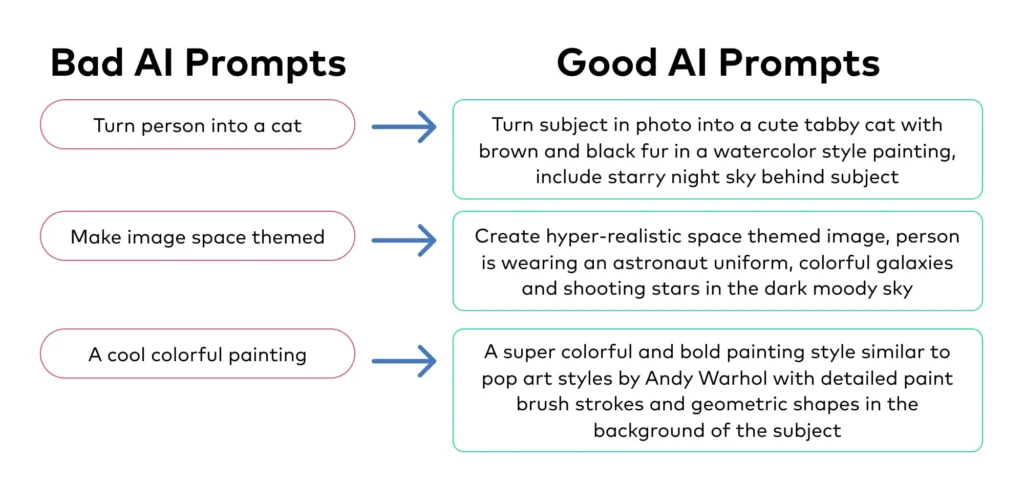
Artificial Intelligence is no longer just for tech experts — it’s now a powerful tool for students, professionals, entrepreneurs, and everyday users . Knowing how to use AI effectively can help you save time, improve work quality , and even unlock new opportunities .
Here’s a practical guide to help you make the most of AI in 2025 — whether you’re working, learning, or managing your personal life.
1. Master Prompt Engineering for Better Results
The key to getting high-quality results from AI lies in how you ask questions or give instructions.
Tips:
- Be clear and specific :❌ “Tell me about AI.”
✅ “Explain artificial intelligence like I’m 10 years old.” - Add context and tone :“I’m a marketing manager preparing a presentation. Summarize the top AI trends for 2025.”
- Define format and purpose :“List the pros and cons of remote work in bullet points.”
- Ask follow-up questions if the first result isn’t perfect:“Rewrite this more formally.”
“Make it shorter.”
“Add examples.”
This applies to tools like ChatGPT , Google Gemini , Claude , and Microsoft Copilot .

2. Automate Repetitive Tasks with AI Tools
One of the best uses of AI is automating time-consuming tasks , so you can focus on what matters most.
Examples:
- Use AI to summarize long documents or articles
- Automatically generate meeting notes or email replies
- Schedule posts using AI-powered content calendars
- Let AI sort and tag large amounts of data or files
Tools like Make.com , Zapier AI , and Microsoft Power Automate with AI Builder let you set up smart workflows without coding.
3. Improve Writing and Communication
AI can help you write better, faster — whether it’s for blogs, emails, scripts, or social media.
Ways to Use AI:
- Generate outlines and brainstorm ideas
- Improve grammar, tone, and clarity
- Repurpose content into different formats (e.g., video script to blog post)
- Translate text into multiple languages
Try tools like GrammarlyGO , Jasper , or Copy.ai to enhance your writing process.

4. Enhance Learning and Skill Development
AI is a powerful personal tutor and learning assistant.
Use Cases:
- Ask AI to explain complex topics in simple terms
- Get instant feedback on code, essays, or language practice
- Create custom flashcards or quizzes for studying
- Learn new skills through AI-guided courses or simulations
Whether you’re learning programming, design, or a new language, AI can guide you step-by-step.
5. Boost Creativity with AI Art and Design
From images to music, AI opens new doors for creative expression.
Tools to Try:
- DALL·E / MidJourney / Bing Image Creator – Generate visuals based on text prompts
- Canva Magic Design – Turn ideas into professional-looking graphics instantly
- Adobe Firefly – Create vector art, backgrounds, and effects powered by AI
- Runway ML – Edit videos using AI filters, auto-captions, and scene detection
You don’t need to be a designer to create stunning visuals when AI does the heavy lifting.
6. Make Smarter Decisions with AI Insights
AI helps you analyze data, track habits, and make informed choices.
Real-Life Uses:
- Use AI to analyze budget spreadsheets and suggest cost-saving strategies
- Track health goals and get personalized fitness tips
- Let AI help with investment research or market trend predictions
- Analyze customer feedback or survey results in seconds
Apps like Otter.ai , Notion AI , and Tableau with AI insights help turn raw data into actionable decisions.
7. Stay Ethical and Responsible with AI
As AI becomes more powerful, it’s important to use it responsibly.
Best Practices:
- Always review and edit AI output before publishing or sharing
- Avoid sharing sensitive or private information
- Disclose AI use where appropriate (especially in school or business)
- Respect copyright and licensing rules when using AI-generated content
Using AI ethically ensures trust and sustainability in its growing role in society.
FAQs: Frequently Asked Questions About Using AI Effectively
Q1: Do I need technical skills to use AI effectively?
No, most AI tools today are designed for non-technical users. You just need to know how to ask the right questions and choose the right tools.
Q2: Is using AI ethical and safe?
Yes, as long as you’re honest about its use, respect privacy, and don’t pass off AI-generated work as your own without disclosure.
Q3: What’s the best way to stay updated on new AI tools?
Follow AI newsletters, join online communities (like Reddit’s r/ArtificialIntelligence), and try free trials of emerging platforms regularly.






0 Comments